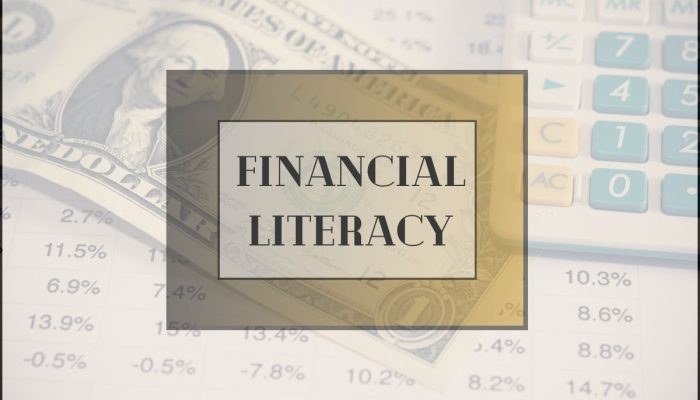Financial Planning After Graduation
You did it! You made it through your degree program and now have your diploma in hand. As you’re about to enter the workforce, it’s time to think about financial planning in a new way. This includes planning for the future and dealing with any student loans. Check out the tips below to help you with financial planning after graduation. Disclosure: This post may contain affiliate links, which means we may receive a commission if you click a link…










